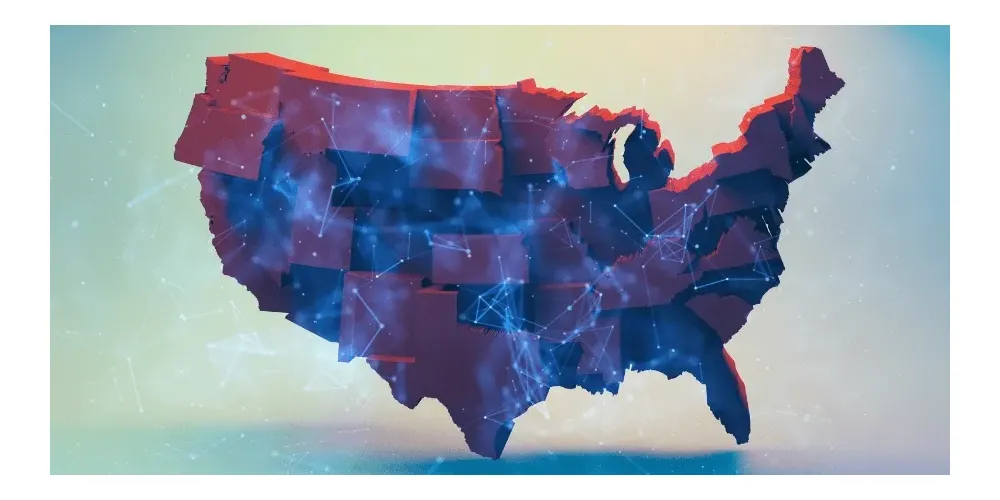The history of energy deregulation is an interesting one to follow. Since electricity and natural gas are so essential to our daily way of life, there is much debate over how they should be regulated by the government, if at all.
To understand energy-deregulated markets, it’s best to first look at their history. Originally, utility companies were held by titans of industry. These private companies had a corner on the market and could charge whatever they wanted for electric and gas. The government finally stepped in after the Great Depression to place certain rules on how these companies could operate.
Certain rules were placed on utility companies in terms of how much they could charge and how much of a return they could make on their investments. Eventually, these companies grew into the public, regulated utilities that we know today.
The 1990s
In the early 1990s, after several energy crises in the U.S., the government made its first attempt to break up utility monopolies by passing the National Energy Policy Act. This act forced utilities to acknowledge and allow for a wholesale energy market. And eventually, state by state, legislation was passed allowing for retail markets and energy choice.
Utility vs. Suppliers
In a deregulated market, public utility companies are still responsible for maintaining their local power lines, delivering power locally to homes and businesses, and in most states, billing the customer. Retail suppliers, on the other hand, do not own any utility lines. Some suppliers do own electricity generation plants, but most are simply in the business of buying energy in the wholesale market and reselling to consumers in the retail market.
If you live in a deregulated state and you elect to choose an energy supplier than you can purchase your electricity or natural gas from that supplier instead of your local utility. The utility will still deliver the energy to your home, and in many states, you will still pay the utility for the entire bill.
Utility bills
Utility bills in deregulated states can be different too. In most states, utilities are still responsible for billing, even if the customer is purchasing energy from a supplier. On the utility bill, there will appear two sections: one for utility delivery charges and one for supplier energy supply charges.
Some suppliers send a separate bill for their supply charges, and in these cases, the local utility bill only has the delivery charges.
Need An Expert Opinion?
If you are looking for an energy expert who can lend some guidance as to how to shop for an energy supplier in a deregulated market, our team of energy advisors can help. We have over a decade of experience in the deregulation industry and can help you find a supplier plan that is right for you. Contact us today.
Looking to lower your electricity bills and save energy?

